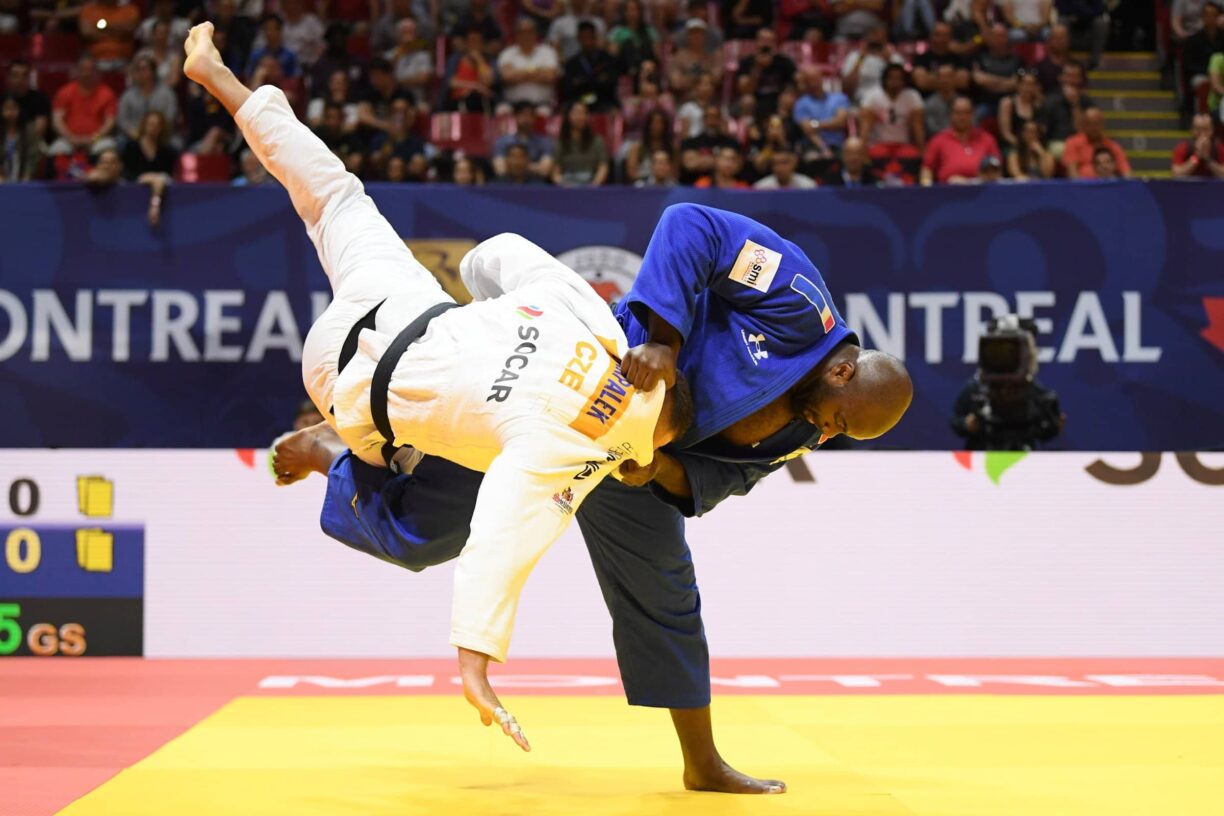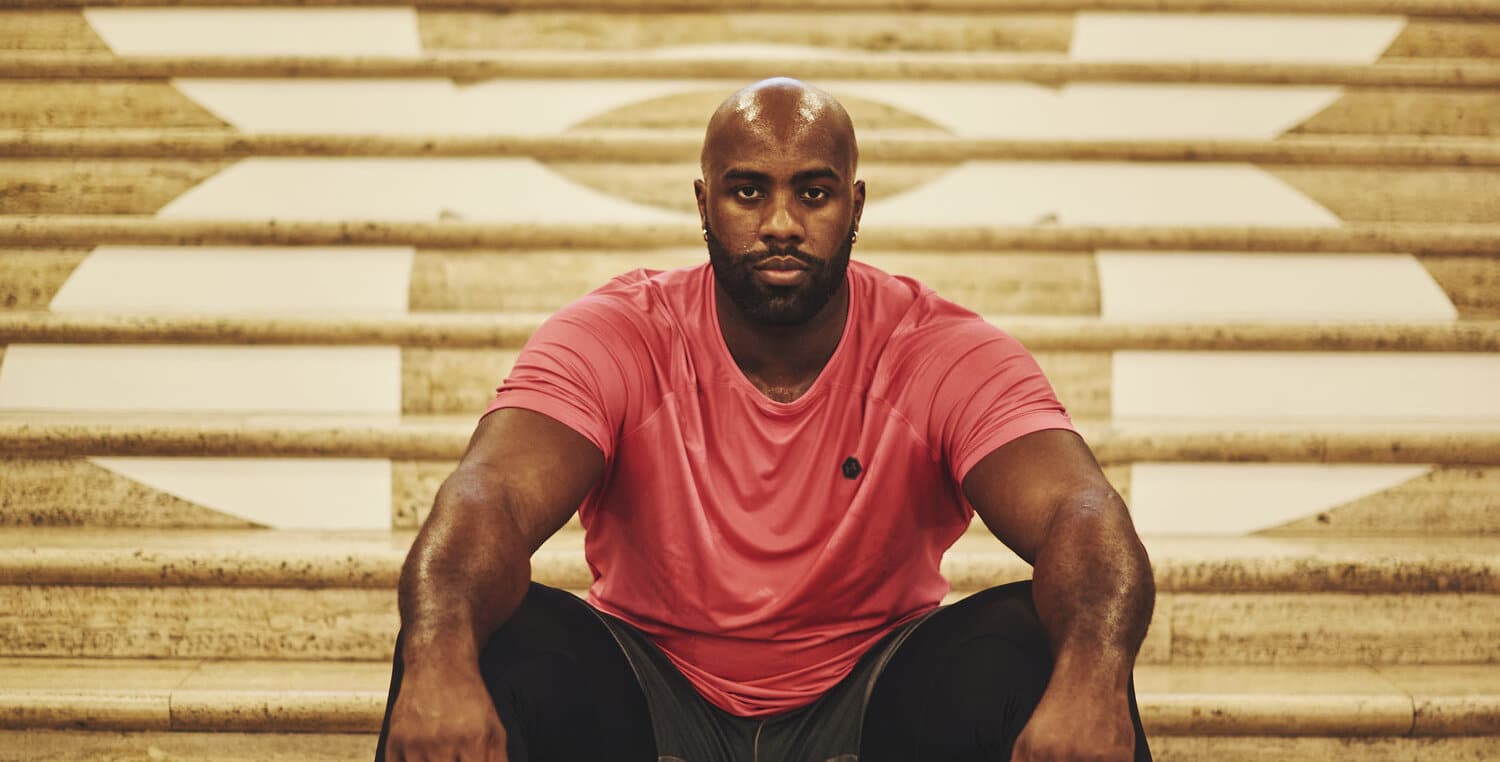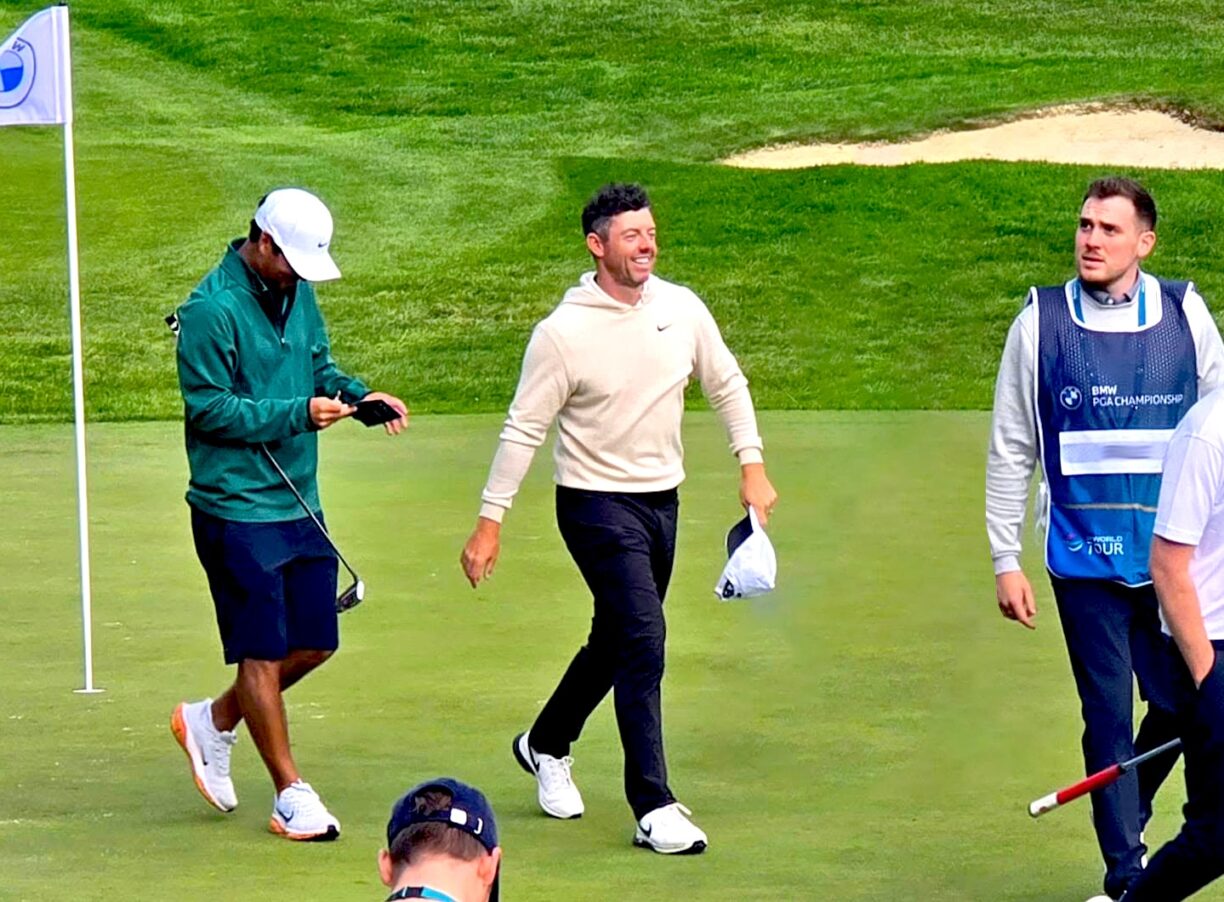Written By Teddy Riner
I know you are expecting some words from me following the 2020 Paris Grand Slam. But there is a lot more I want to tell you that goes far beyond that Sunday defeat.
I probably tried out every sport possible before I got to judo.
When I was 12 or 13, it was hard for me to choose between soccer and judo. I really loved both. Though, there was one thing important to me…winning. I struggled dealing with defeat. At that age, I didn’t know how to handle it.
That’s why I chose judo. In contrast to team sports, the result was dependent on me. In victory or defeat, things were clear. And since I won a lot, my choice was quickly made in judo.
My defining moment was 2010 when I lost to Daiki Kamikawa at the World Judo Championship in Japan. It was an arguable referee decision. And while I know that you don’t contest a referee’s decision, frankly, I still struggle to accept it.
Since that day, I decided I would never let anyone else decide if I win or lose–not even the referee.
Yes, you need an opponent, you need a coach, you need the official, you need the team around you. Everything has to be in place. But when you fight on the tatami, the mat, it’s only you and your opponent.
There’s no one else between you and the other talented judoka in a gi representing his country in front of you. He’s also trying just as hard to win.
You have to go through him.
It’s what I love about judo. There is no running away or passing the ball or pushing responsibility onto someone else’s lap. You can’t turn around to anyone to push you through the fear, pressure, or pain. You have to raise your game and find the solution, the right positioning, the right throw. You have to overcome the obstacle by yourself.
Of course, I’m not oblivious. I understand the fascination of my 10-year winning streak. This streak was the product of thousands of hours of work. I’m proud of it. And I’m aware that my loss in Paris incited more reactions than if I had won.
People say you learn more about yourself in losing than you do in winning, which there is some truth. Maybe this defeat was necessary…this summer in Tokyo, we will learn if that is true.
It’s inevitable to question yourself after a defeat.

In the 2016 Olympics in Rio de Janeiro, I remember not being ready. My body was tight. People that train in anything seriously–judo or anything else–understand what this means, and the dangers.
Now, imagine it happening on whatever you see as the biggest stage possible in your life.
For me, although I’m a large man, even for judo, I’m dynamic in the execution of my technique. In Rio, I had to figure out a way to win without so much physicality.
I won the gold medal because I found a way forward. The real victory, though, was that I had pushed through the pain and my doubt. The medal was just a sign of my commitment.
I’m not sure whether my drive to succeed is out of an intense desire to win, or out of a specific fear of failure. There is a difference that perhaps I do not acknowledge because both feel the same. However, I do know, with certainty, I will be the determiner of my fate.
This is a universal idea, the whole game.
Judo has taught me to stay on my feet, no matter the pressure or opponent. Winning has never been merely about Grand Slam wins, World Championships, or even gold medals at Olympics. Victory for the sake of victory is short-sighted.
It’s about pushing through life’s difficulties and deciding the future I desire for myself on my own terms.
Like any other discipline or career, judo has its framework and rules. But we are all trying to accomplish the same things ultimately. Everyone stands alone, on their personal tatami, on their individual stages, trying to find their way around barriers.
What’s in front of you? What’s your barrier? What does victory over your obstacle mean to you?
Are you willing to bleed a little for it?
Challenges and tests will never cease and will form everywhere you turn. Fight through them, the discomfort, the stress, the pain.
In victory and in defeat…
The only way is through.





